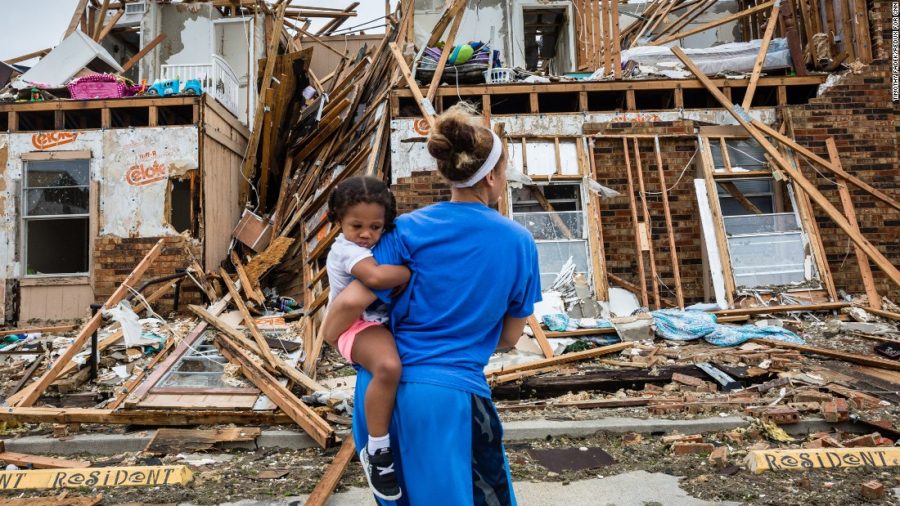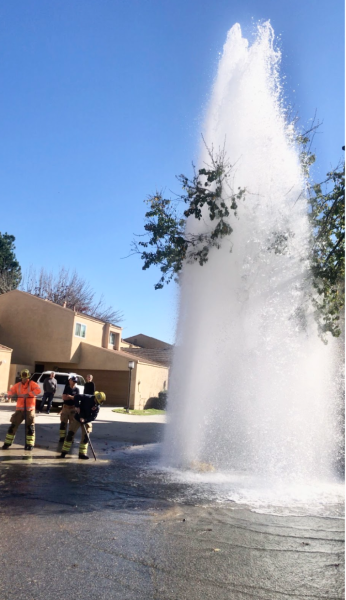The Influx of Natural Disasters
October 18, 2017
In only a few months, a countless number of calamitous disasters have occurred in the world. Hurricanes and earthquakes are constantly being reported, and their impacts are significantly destructive. Is there an underlying reason for this influx of natural disasters?
In the past two months, the United States underwent severe damage with the two hurricanes that hit American shores: Hurricane Harvey and Hurricane Irma. Hurricane Harvey struck Texas with 40 inches of rain and left 30,000 people without a home. Hurricane Irma was a category 4 hurricane that left Florida utterly destroyed, leaving 5.8 millions of homes without electricity or running water.
Late September, Hurricane Maria made its way to Puerto Rico, leaving Puerto Rico to ruins after its destruction. The biggest disaster seen in the history of Puerto Rico, 34 people have died and caused more than $90 billion in damage. The governor of Puerto Rico stated that the island was in “emergency mode.”
Additional natural disasters such as earthquakes have also become prominent in recent times. The devastating earthquake in Mexico brought a death toll of a tragic 369 people who lost their lives. With an astounding magnitude of 8.1, the Mexican earthquake left central Mexico to rubbles, collapsing hundreds of buildings and homes.
With this influx of natural disasters, it is thought-provoking to realize that the source of these natural disasters are at the fault of man-made influences. Climate change has become a prevalent topic around the world for the past years. Largely due to greenhouse gases emitted from fossil fuels, agriculture, and land-use, the temperature of Earth has been facing a steep incline– in fact, researchers predict the Earth’s temperature to rise in 2.5 to 10 degrees Fahrenheit in the next century. These seemingly minor adjustments to the global temperature, in reality, bring the severest of consequences, as can be seen by the warmer ocean temperatures, the acidification of coral reefs, and more pertinently, the intense occurrences of hurricanes and earthquakes. As noted by NASA, “Changes in climate not only affect average temperatures, but also extreme temperatures, increasing the likelihood of weather-related natural disasters.” As global temperatures rise, the amount of water vapor evaporated into the atmosphere increases as well. Because water vapor is considered the “fuel for storms,” the occurring storms become more intense and destructive.
The harsh fate that comes with climate change can be reduced, however, if the world dedicates their effort into halting global warming. By shrinking your carbon footprint, minimizing your meat intake, and living an environmentally conscious lifestyle, the effects of climate change can potentially be curtailed. Juliette Fournier (11) comments, “I think climate change is a serious issue that people need to start acknowledging more. People don’t realize the extent of devastation that climate change brings.” In response to the thousands of lives and homes lost, humanity should remorse and act together to prevent future tragedies, especially since the cause of these disasters can be prevented.





















